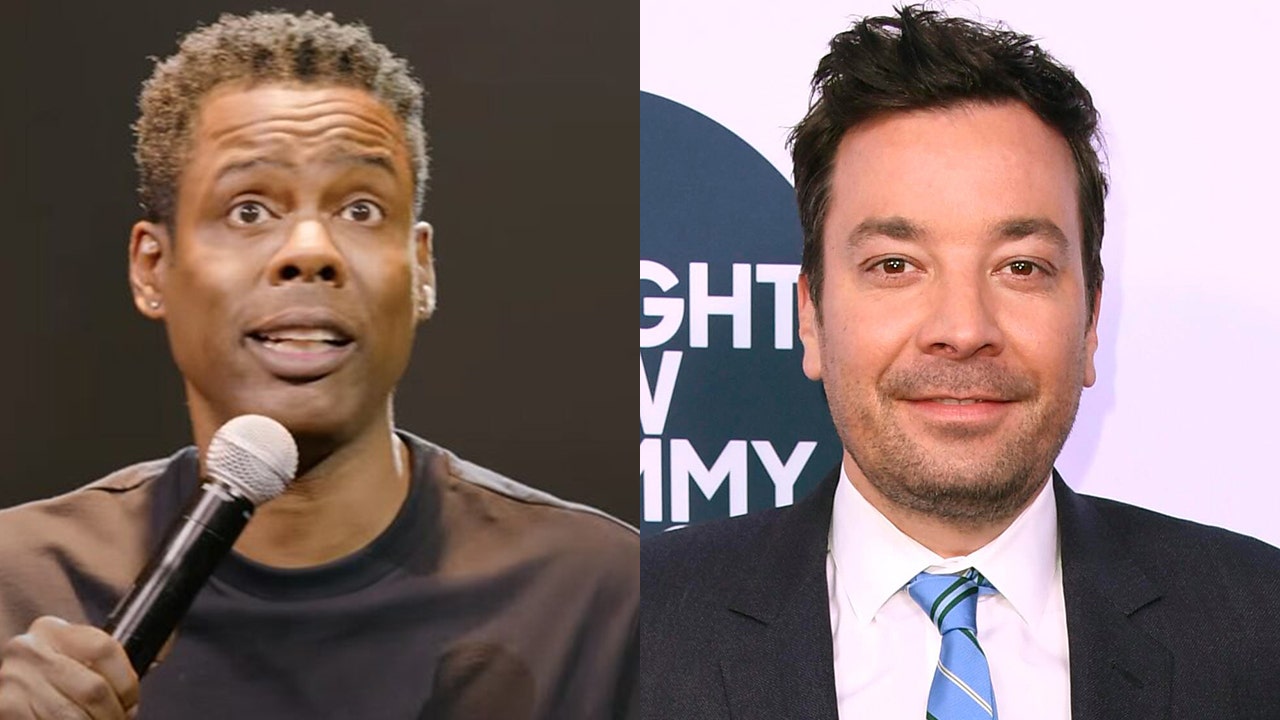Chris Rock broke his silence on the controversy that surrounded “Tonight Show” host Jimmy Fallon after a video resurfaced of him doing an impression of Rock in blackface in a 2000 sketch on “Saturday Night Live.”

— FOX News: Tyler McCarthy

Chris Rock broke his silence on the controversy that surrounded “Tonight Show” host Jimmy Fallon after a video resurfaced of him doing an impression of Rock in blackface in a 2000 sketch on “Saturday Night Live.”

— FOX News: Tyler McCarthy

The influence of Facebook, X (formerly Twitter), blogs, IG, and other media platforms have engaged audience conversations and have also evolved traditional media such as newspapers, magazines, and television.


The emergence of social media in several areas of society is causing a stir among media junkies and those less receptive to the changes.
When change happens in media, or our culture, people usually resort to relentless discussions about it. While there are skepticism and controversy about the role of social media in the news and pop-culture, many are embracing them.
Blogger, Cara McDonough, writes a piece about how her 73-year-old father is now using social media such as Twitter and Facebook to voice his political opinions.
McDonough said that her father just recently identified the differences between social and traditional media when he said, “‘A column is in print… A blog is in the atmosphere.’”
However, Misha Schubert writes that, “newspapers and television still have much greater audience reach than segments of social media…” at the moment.
Regardless, Schubert quotes Greg Jericho who wrote a book on social media, “‘Jericho predicts that within a decade we’ll have voters who not only can’t remember a time before…they couldn’t access the net on their phones.’”
There are some people who see the positive benefits of social media in our lives. But those who do not, are criticizing them that they open up a world for anonymous hate messages, profanity and unregulated mockery on subject matters.
Steven Weber writes in his blog that, “Social media has created a legion of social delinquents, billions of people speaking not their minds, but their spleens, venting everything…”
Nevertheless, social media continue to grow, making more intimate connections.
According to McDonough’s blog, “ A Nielsen survey shows that 22.8 million people over 65 got online in September 2011, an increase of 4 million, [over year ago].”
People use social media for more than just commenting and voicing opinions. Employers are using social media in their recruiting practices. LinkedIn is a popular site that employers visit to find good matches for their job positions.

Marie Solis writes that, “many take it upon themselves to explore social media sites to investigate job candidates.”
Apart from the discontent about the use of social media in our lives, many find these sites allow them to exercise their liberty by expressing themselves, whether their comments are negative or positive.
The discussion will continue about how to better manage these sites. People would like to somehow see more kind comments about celebrities and others in pop-culture. However, when a company makes a defective product, then they would also like to be able to express their dissatisfaction online.
Most of the media types using social media that are now online include television, newspapers, magazines, newsletters, and even radio and podcasts. So, consumers and social media users are exposed to utilizing all forms of media for conversations.
But the evolution of traditional media that are now using social platforms online require alternative models for revenue and funding in order to remain sustainable.
Newspapers and magazines are like public television stations that face financial challenges. Three authors, David D. Kurpius, Emily T. Metzgar, and Karen M. Rowley, try to analyze this crisis in their article, “Sustaining Hyperlocal Media: In search of funding models,” that appears in the journal of Journalism Studies.
These authors believe traditional media are shrinking because it is typical of a mature industry. They argue it is a gradual decline and that we must meet the challenge by trying to find alternative ways to fund new media, or their online presence.
They also note that it is good news for public television because they can fill the niche of providing the local news that traditional media no longer seem to be reporting in detail. Recently, more people are going online and traditional print media are losing advertising revenues.

They also state the newspaper advertising revenues dropped an estimated 23 percent over the past two years since 2010, but newspapers are trying to embrace their online communities while exploring funding models.
— Michelle Dryden is an experienced newspaper journalist with a master’s degree in New Media Journalism from Full Sail University, and a bachelor’s degree in traditional journalism from Rider University.